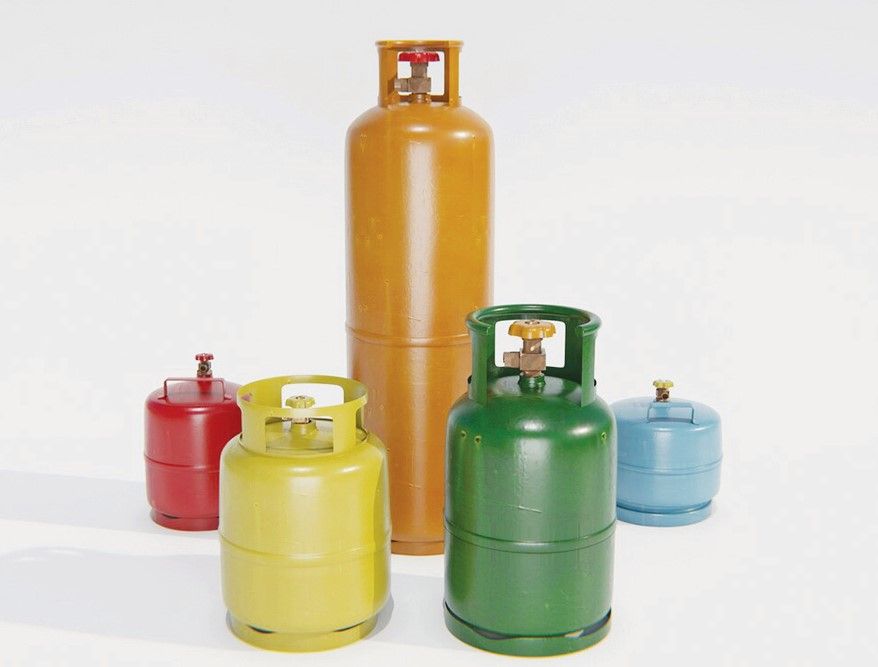Good news for LPG users. It is now illegal to sell dilapidated LPG tanks. Republic Act 11952 requires dealers to deliver only standard tanks with clear, embossed identification of the maker. The law requires dealers to replace substandard tanks. Consumers are only required to present the receipt for their deposit when they first purchased a tank. In the absence of a receipt, consumers will be credited P800.
Officials estimate that there are nine million LPG tanks in use all over the country, with only about half considered safe. Around 1,000 fires a year are blamed on exploding LPG tanks. The government hopes to solve this by replacing all old tanks by October 14, 2024. So far, only five million have been replaced.

Superkalan alert
A TV newscast last week showed an LPG tank attached to a screw-on burner, with the burner's flames reaching down to the neck of the tank. The dangerous situation was minutes away from a major disaster, owing to a lack of information to consumers about how to properly use LPG tanks properly.
I myself almost caused a major disaster years ago when I used a superkalan to cook 10 kilos of pig's feet using a very thick cast iron kaldero. After about an hour, the heat reflected by A good pastry comes out once in a blue moon the pot's flat bottom rose so dangerously it started a fire at the joint where the tank met the burner.
Mea culpa
My fault was in forgetting that superkalan was designed to be a supplemental stove, not the main or major cooking appliance.
Picnics and camps
The most popular cooking appliance is the LPG stove. And out-oftown family picnics and camping are made more enjoyable with bacon and eggs and steaming brewed coffee made using the convenient LPG-fed portable single burners. At home or on the road, the new legislation is certainly most welcome as it will make our lives more enjoyable and our homes safer.